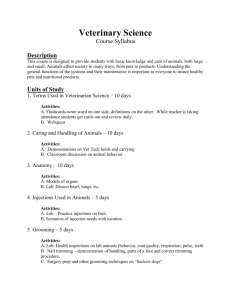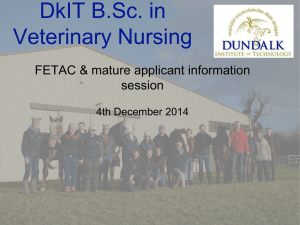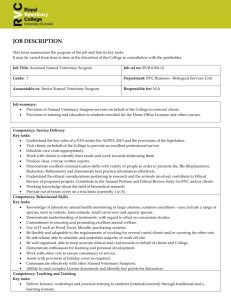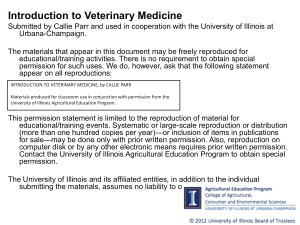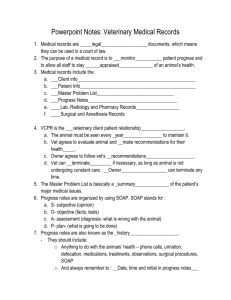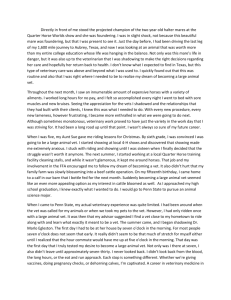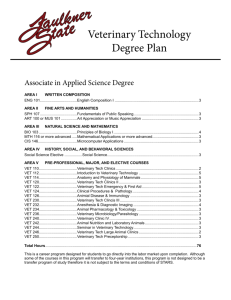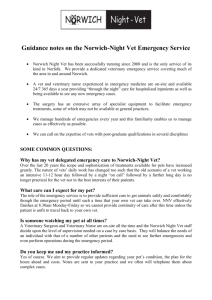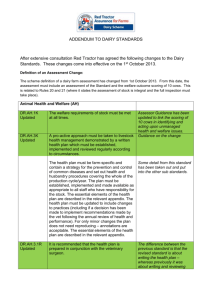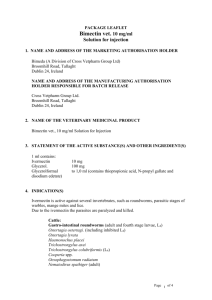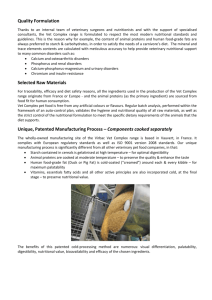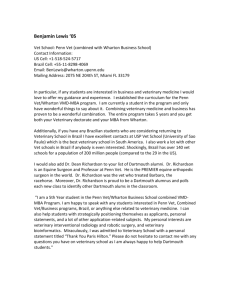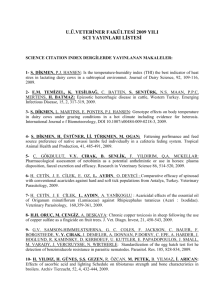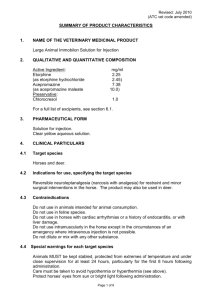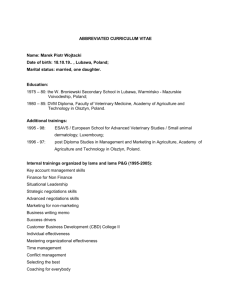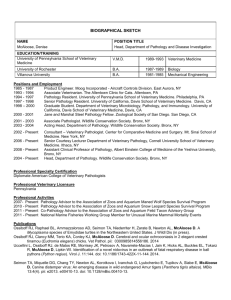Read the full interview with one of our Veterinary Surgeons
advertisement
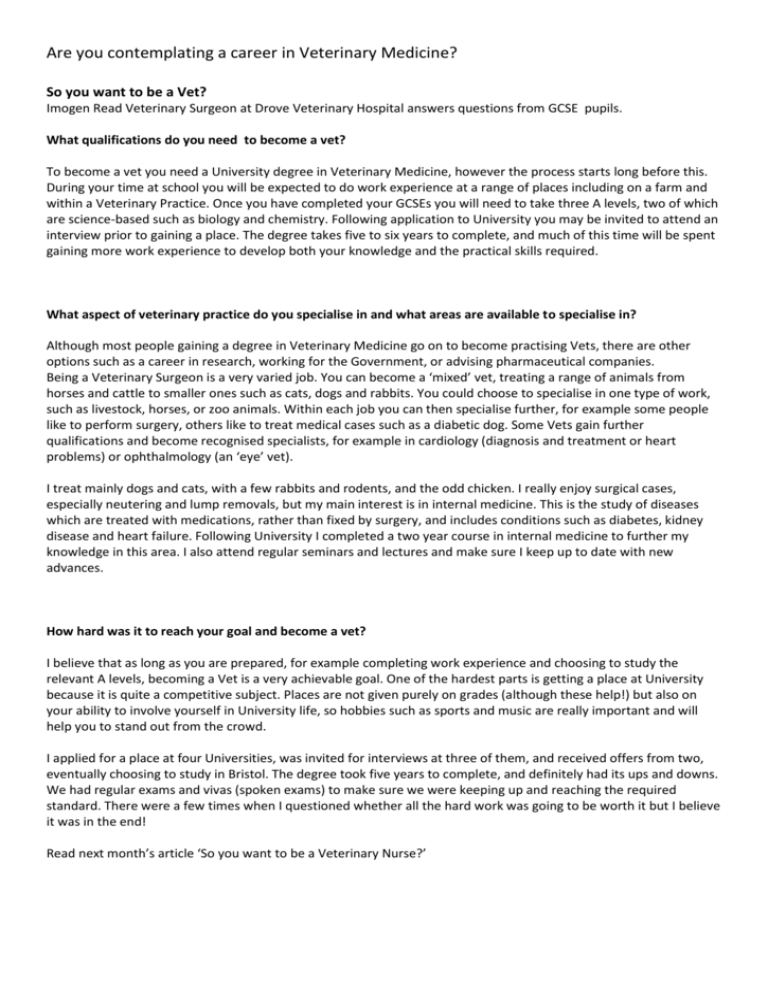
Are you contemplating a career in Veterinary Medicine? So you want to be a Vet? Imogen Read Veterinary Surgeon at Drove Veterinary Hospital answers questions from GCSE pupils. What qualifications do you need to become a vet? To become a vet you need a University degree in Veterinary Medicine, however the process starts long before this. During your time at school you will be expected to do work experience at a range of places including on a farm and within a Veterinary Practice. Once you have completed your GCSEs you will need to take three A levels, two of which are science-based such as biology and chemistry. Following application to University you may be invited to attend an interview prior to gaining a place. The degree takes five to six years to complete, and much of this time will be spent gaining more work experience to develop both your knowledge and the practical skills required. What aspect of veterinary practice do you specialise in and what areas are available to specialise in? Although most people gaining a degree in Veterinary Medicine go on to become practising Vets, there are other options such as a career in research, working for the Government, or advising pharmaceutical companies. Being a Veterinary Surgeon is a very varied job. You can become a ‘mixed’ vet, treating a range of animals from horses and cattle to smaller ones such as cats, dogs and rabbits. You could choose to specialise in one type of work, such as livestock, horses, or zoo animals. Within each job you can then specialise further, for example some people like to perform surgery, others like to treat medical cases such as a diabetic dog. Some Vets gain further qualifications and become recognised specialists, for example in cardiology (diagnosis and treatment or heart problems) or ophthalmology (an ‘eye’ vet). I treat mainly dogs and cats, with a few rabbits and rodents, and the odd chicken. I really enjoy surgical cases, especially neutering and lump removals, but my main interest is in internal medicine. This is the study of diseases which are treated with medications, rather than fixed by surgery, and includes conditions such as diabetes, kidney disease and heart failure. Following University I completed a two year course in internal medicine to further my knowledge in this area. I also attend regular seminars and lectures and make sure I keep up to date with new advances. How hard was it to reach your goal and become a vet? I believe that as long as you are prepared, for example completing work experience and choosing to study the relevant A levels, becoming a Vet is a very achievable goal. One of the hardest parts is getting a place at University because it is quite a competitive subject. Places are not given purely on grades (although these help!) but also on your ability to involve yourself in University life, so hobbies such as sports and music are really important and will help you to stand out from the crowd. I applied for a place at four Universities, was invited for interviews at three of them, and received offers from two, eventually choosing to study in Bristol. The degree took five years to complete, and definitely had its ups and downs. We had regular exams and vivas (spoken exams) to make sure we were keeping up and reaching the required standard. There were a few times when I questioned whether all the hard work was going to be worth it but I believe it was in the end! Read next month’s article ‘So you want to be a Veterinary Nurse?’

